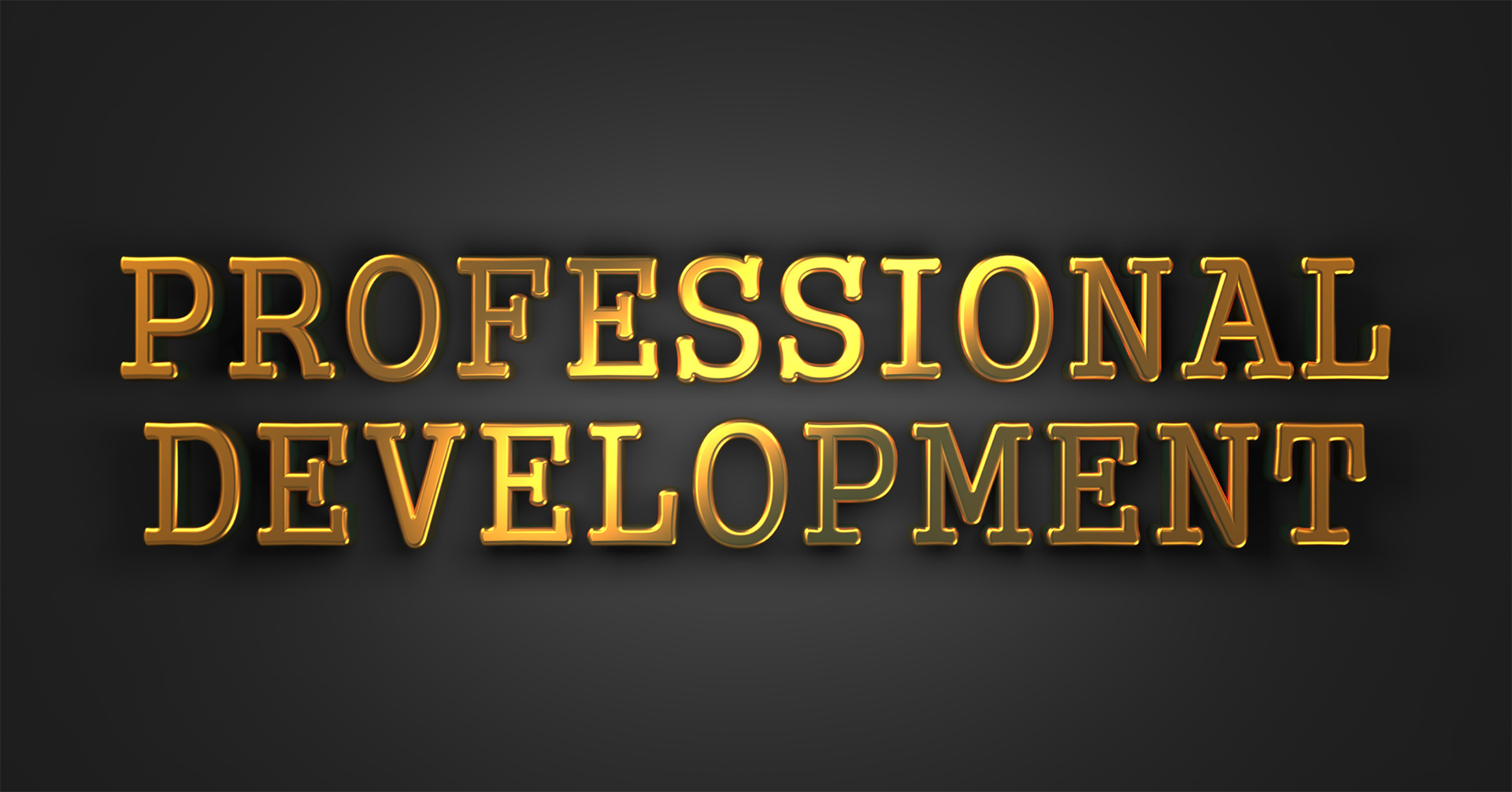
Professional development is all about improving your skills and knowledge in your field. It could entail anything from attending conferences or workshops to taking online courses as well as earning certifications. The idea is to stay current on the latest trends and technologies to advance your career. It’s especially important if you are looking for a new job as it can give you an edge and help you land that perfect job.
Together with helping you get ahead and making you more competitive in the job market by giving you innovative skills and knowledge, it shows potential employers that you’re serious about your career and are willing to put in the effort to improve yourself. Professional development events and courses are also a great way to meet other professionals in your industry and stay on top of the latest trends and technologies.
It’s difficult to say which professional development benefit is the most important, as the benefits can vary depending on an individual’s goals and needs.

By learning new skills and expanding their knowledge, professionals can become more effective and efficient in their jobs to better adapt to changes in their industries. You can take classes or workshops focusing on management and leadership skills, work with a mentor or coach, attend conferences or seminars, indulge in self-study or online learning, or even take on leadership roles or volunteering opportunities to get real-world experience. The important thing is to find what works best for you to try to keep learning and improving. You can become a stronger leader and manager with time and dedication.
Adding continuing education and professional development courses to your resume will help you stand out to potential employers, demonstrating you are committed to staying up to date in your field.
To do this, create a separate section on your resume titled “Continuing Education” or “Professional Development” and list the courses or programs you have completed. Be sure to include the name of the course or program, the institution or organization offering it, and the completion dates. You may also briefly describe the course or program’s relevance to your career goals or professional development.
If you have earned certificates or degrees through continuing education, you can list these in the “Education” section of your resume along with your other degrees. It is important to be selective when including “Continuing Education” on your resume and to incorporate only courses or programs that demonstrate expertise or skills relevant to your career goals. It is also a good idea to prioritize more recent or significant achievements.

Professional development can boost your confidence in many ways. For example, learning new things or improving your skills can make you feel more competent. It can also help you feel more connected to your industry and give you a sense of accomplishment. Plus, you can create new connections and build up your network and support system, which help with self-assuredness. And being recognized for your efforts or achievements in a professional environment is also a nice confidence boost.
In some cases, employers may require or prefer candidates who have completed certain types of professional development or continuing education. Participating in these opportunities increases your chances of being considered for these jobs.
Improving your skills and knowledge can make you more competitive when looking for a new job. It can also show potential employers that you’re committed to learning and growing, which can be a big plus. Attaining certifications or degrees through professional development will help make you even more attractive to potential employers. You also open yourself up to meeting new people and making connections that could lead to further job opportunities.
Ongoing learning and professional development can help you grow and advance your career. It can also help you stay engaged and motivated in your work.

Continuing education is a great way to work on your problem-solving skills. It can help you learn new tools and techniques by expanding your knowledge, learning to think critically, and getting new perspectives. You’re also more likely to meet other professionals who can help you brainstorm and find solutions.
Including continuing education on your resume can be a great way to demonstrate your commitment to learning and professional development and help you stand out to potential employers. It shows that you are proactive and willing to invest in your growth and provides evidence of your expertise or skills. Depending on the courses or programs you have completed, continuing education indicates that you are up to date on industry trends and changes and can quickly adapt and learn new things.
All these factors can make you a more attractive candidate to potential employers and increase your chances of being hired for a new job. If you are seeking a new job and want to increase your chances of success, consider including continuing education on your resume and highlighting how it has contributed to your professional growth and development.